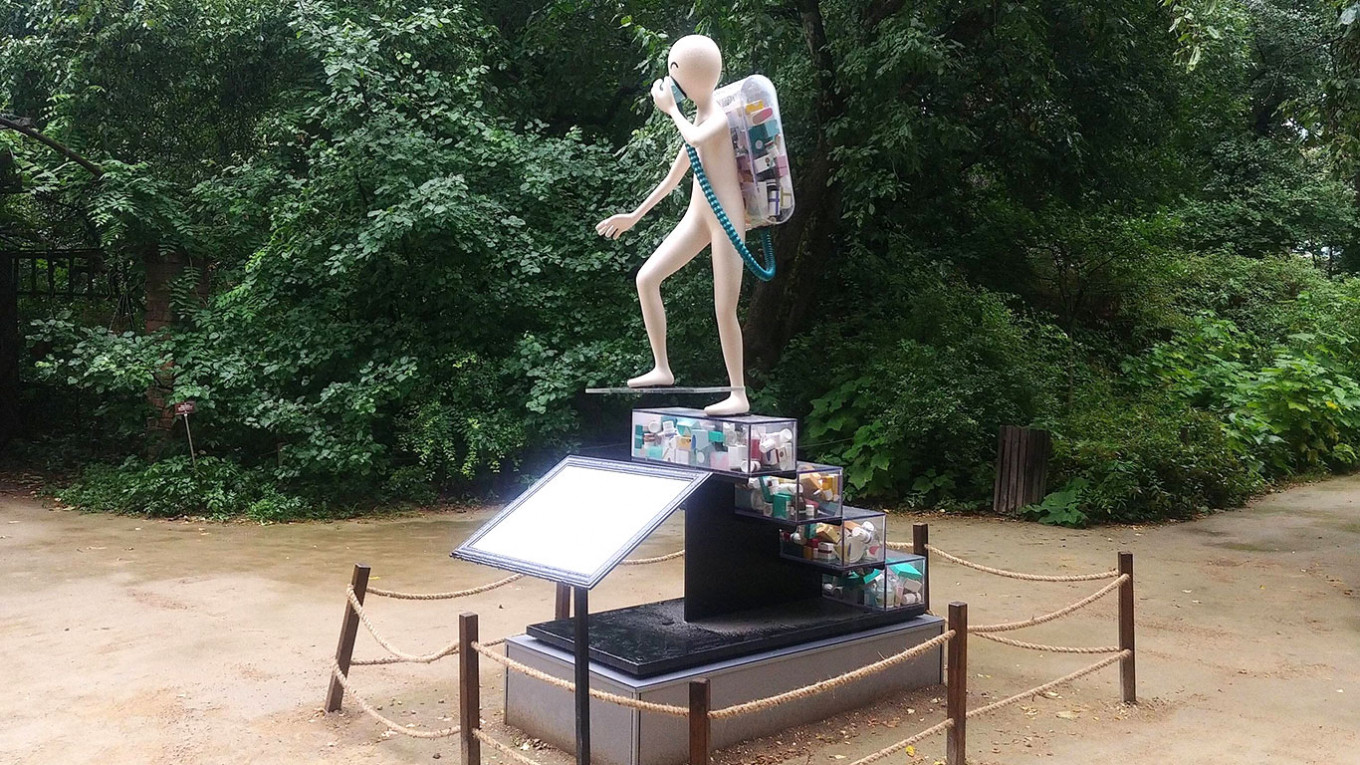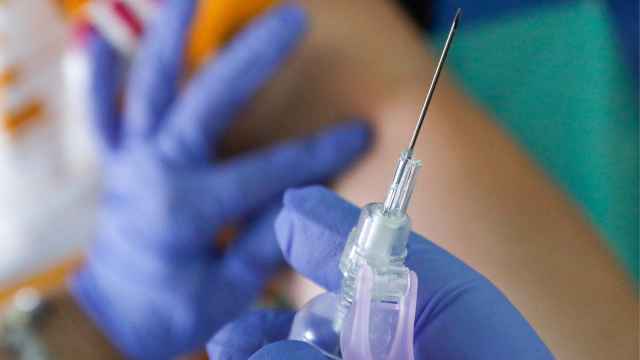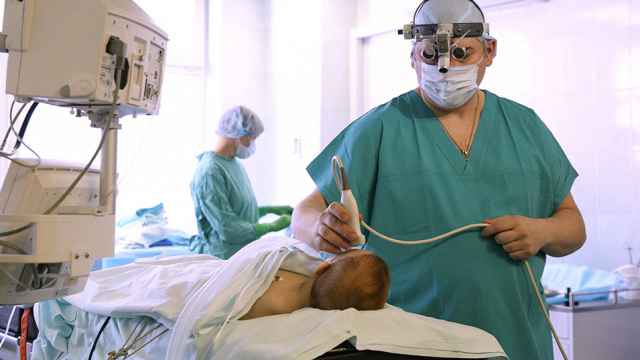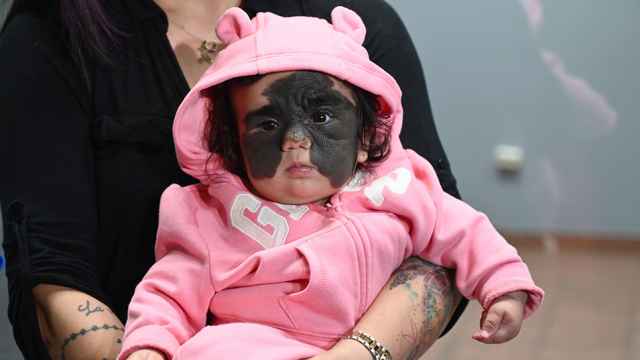Children living with cystic fibrosis in Russia are experiencing shortages of a vital drug as the state charity responsible for its supply faces logistical issues due to sanctions over Ukraine, The Moscow Times’ Russian service reported Monday.
Trikafta, a U.S.-manufactured medicine which has been described as a “miracle” and “life-saving” drug for cystic fibrosis patients, is distributed in Russia through the Kremlin-founded Krug Dobra (“Circle of Kindness”) charity, which provides the drug to children for free.
A year’s supply of the twice-daily medication normally costs over $300,000.
Although vital medicines are excluded from Western sanctions against Russia, mutual airspace closures between the West and Russia as well as a departure of shipping companies from the Russian market have led to supply chain snarls.
Nearly 300 children with cystic fibrosis will not receive their next Trikafta doses on time as a result, The Moscow Times’ Russian service reported.
“The course of treatment will be interrupted, and this is catastrophic for children due to a strong backslide and an irreversible deterioration [in health] — even more so than before they started taking it,” said Maya Sonina, head of Russia’s Oxygen cystic fibrosis foundation.
Olga Alyokhina, head of a Moscow region NGO that supports cystic fibrosis patients, told The Moscow Times that many children only had enough medication to last through May 20.
Some children from Voronezh, Moscow and St. Petersburg have been reducing the doses to make their drug supplies last longer, she said.
Parents of children with cystic fibrosis told The Moscow Times that Krug Dobra has stopped responding to their questions regarding Trikafta supplies.
Representatives from the charity told The Moscow Times that the next supplies of the vital drug will arrive in June.
Krug Dobra is a state charity created last year to provide medication to children with rare and severe illnesses. The foundation is funded through a special tax on high-earning Russians.
A Message from The Moscow Times:
Dear readers,
We are facing unprecedented challenges. Russia's Prosecutor General's Office has designated The Moscow Times as an "undesirable" organization, criminalizing our work and putting our staff at risk of prosecution. This follows our earlier unjust labeling as a "foreign agent."
These actions are direct attempts to silence independent journalism in Russia. The authorities claim our work "discredits the decisions of the Russian leadership." We see things differently: we strive to provide accurate, unbiased reporting on Russia.
We, the journalists of The Moscow Times, refuse to be silenced. But to continue our work, we need your help.
Your support, no matter how small, makes a world of difference. If you can, please support us monthly starting from just $2. It's quick to set up, and every contribution makes a significant impact.
By supporting The Moscow Times, you're defending open, independent journalism in the face of repression. Thank you for standing with us.
Remind me later.






